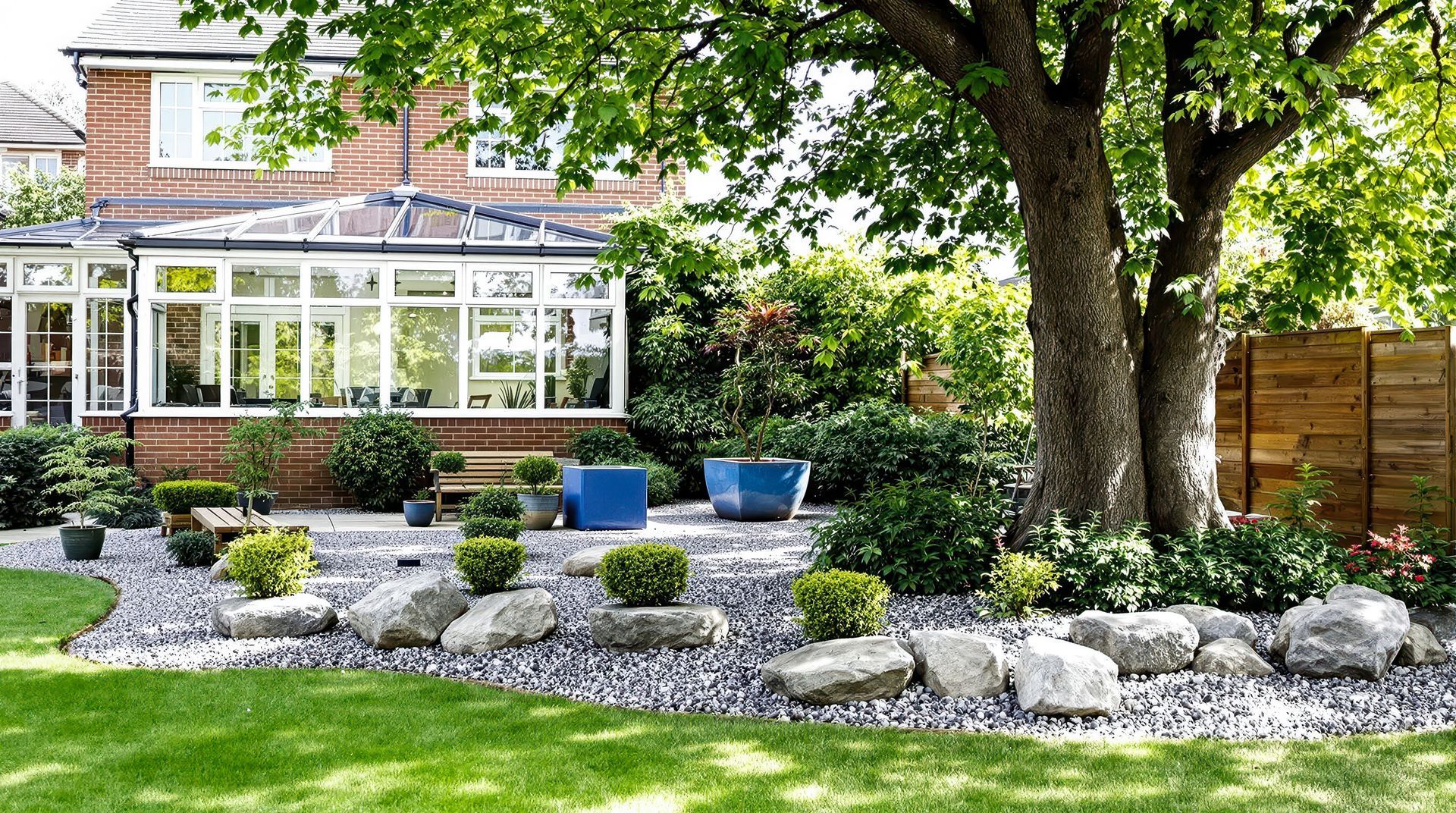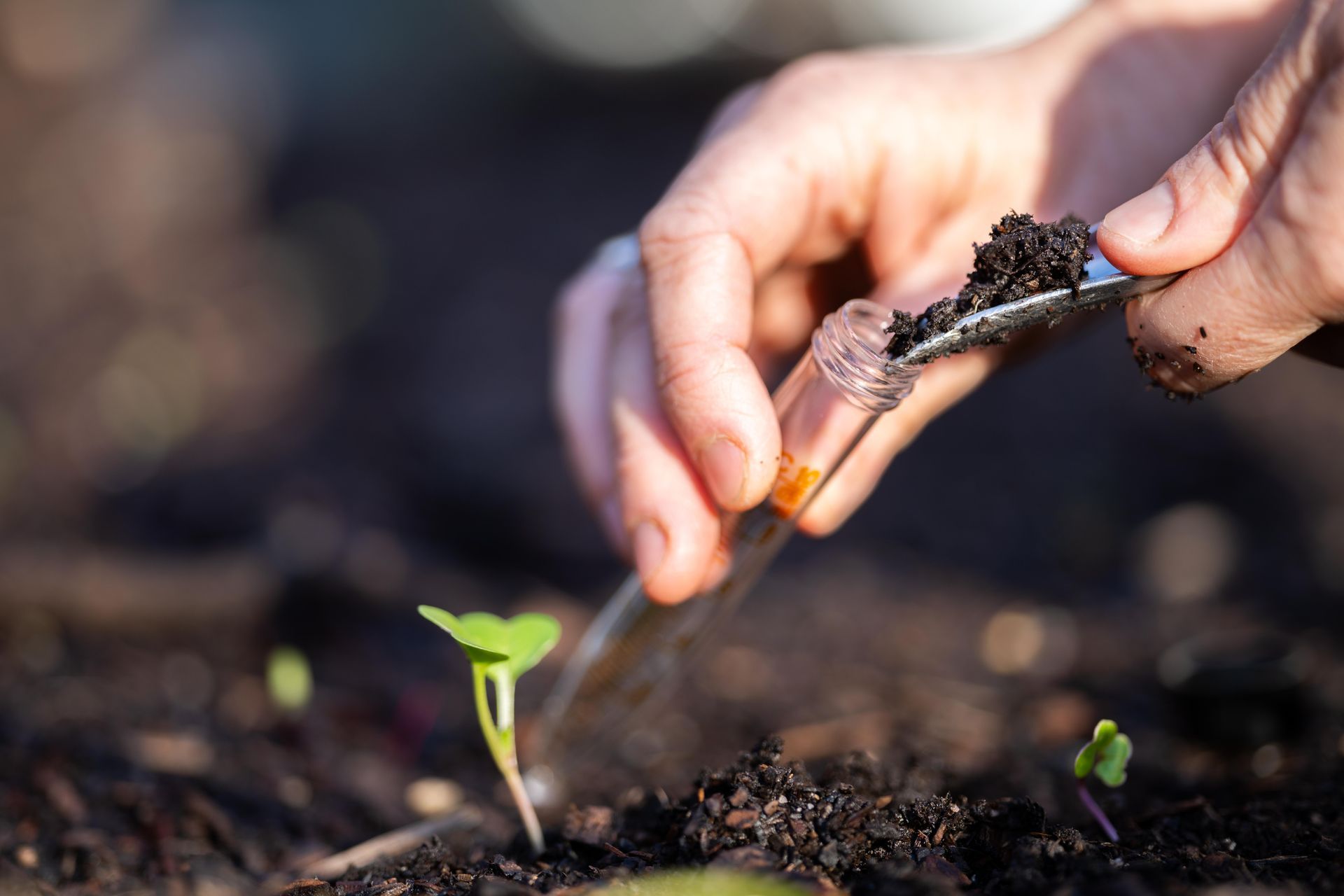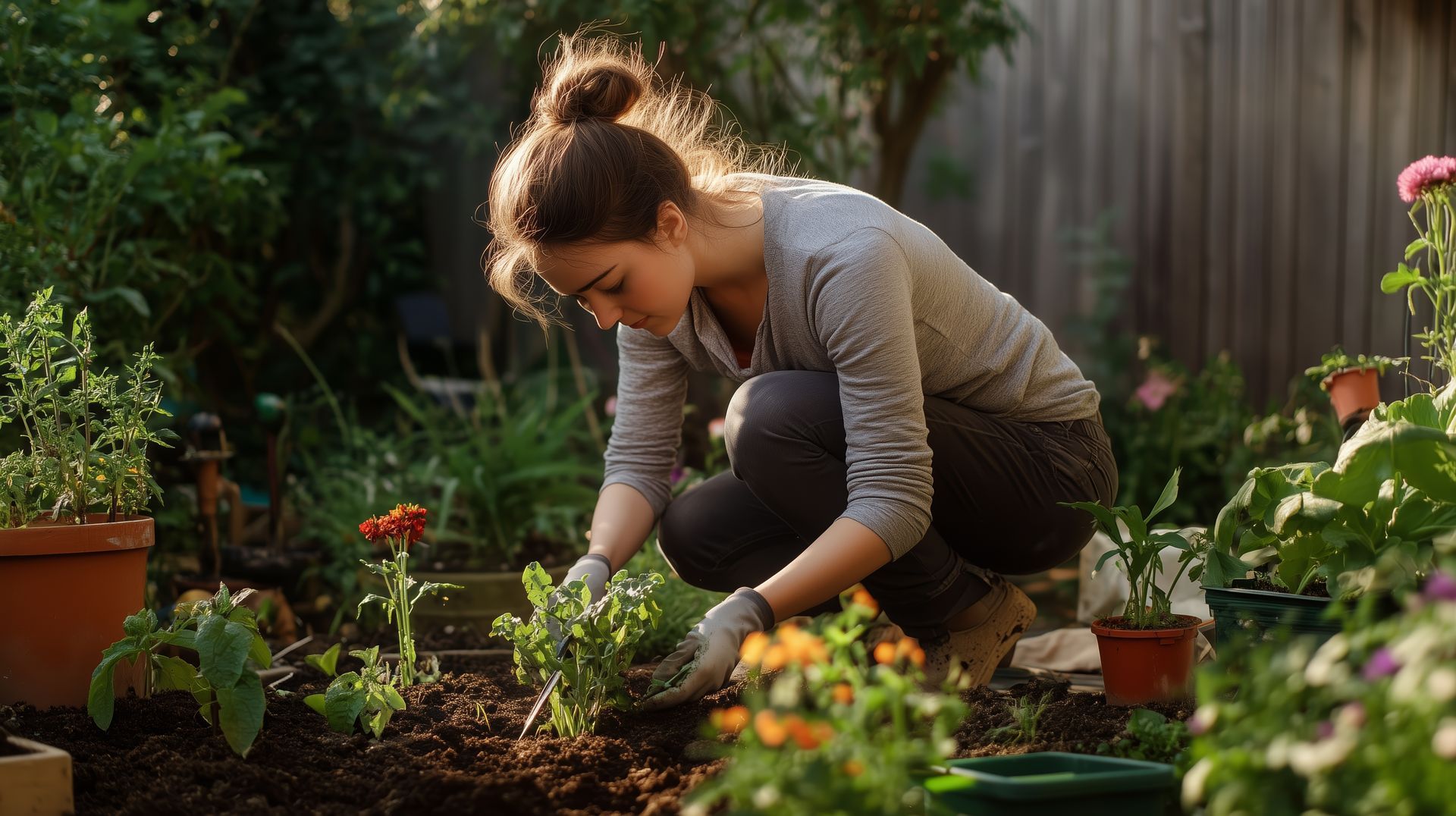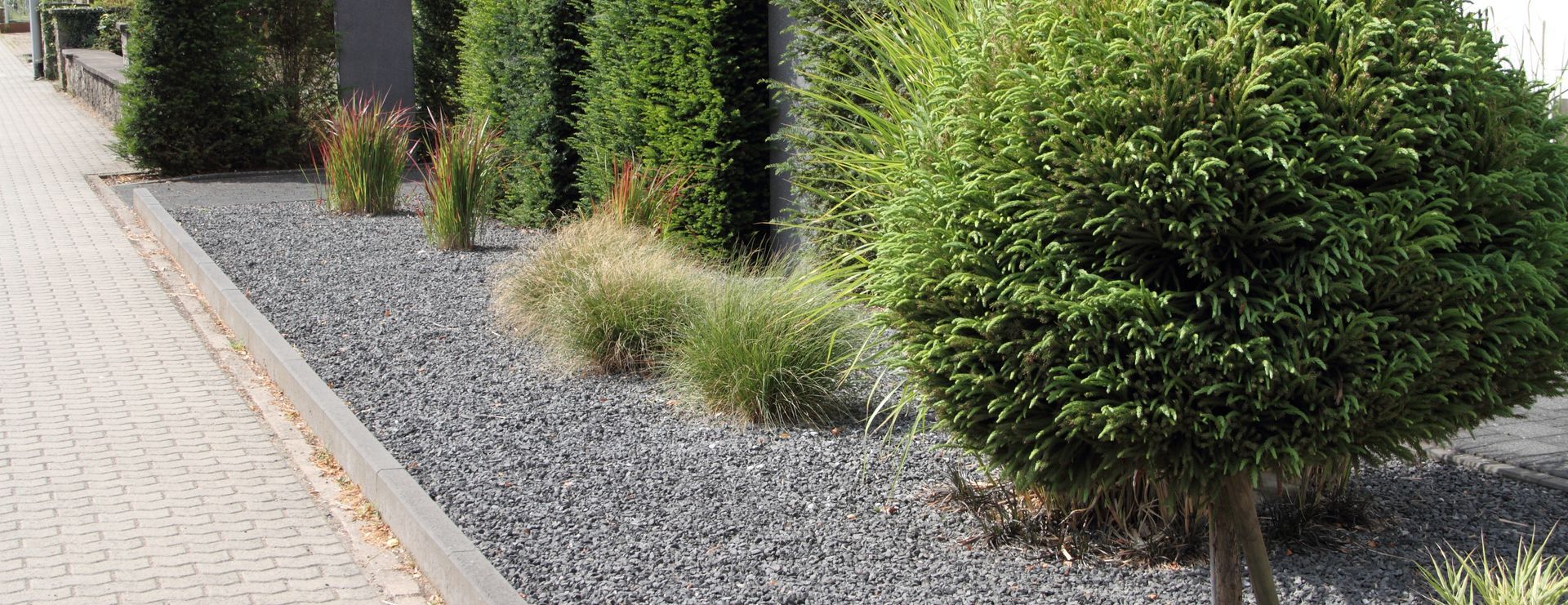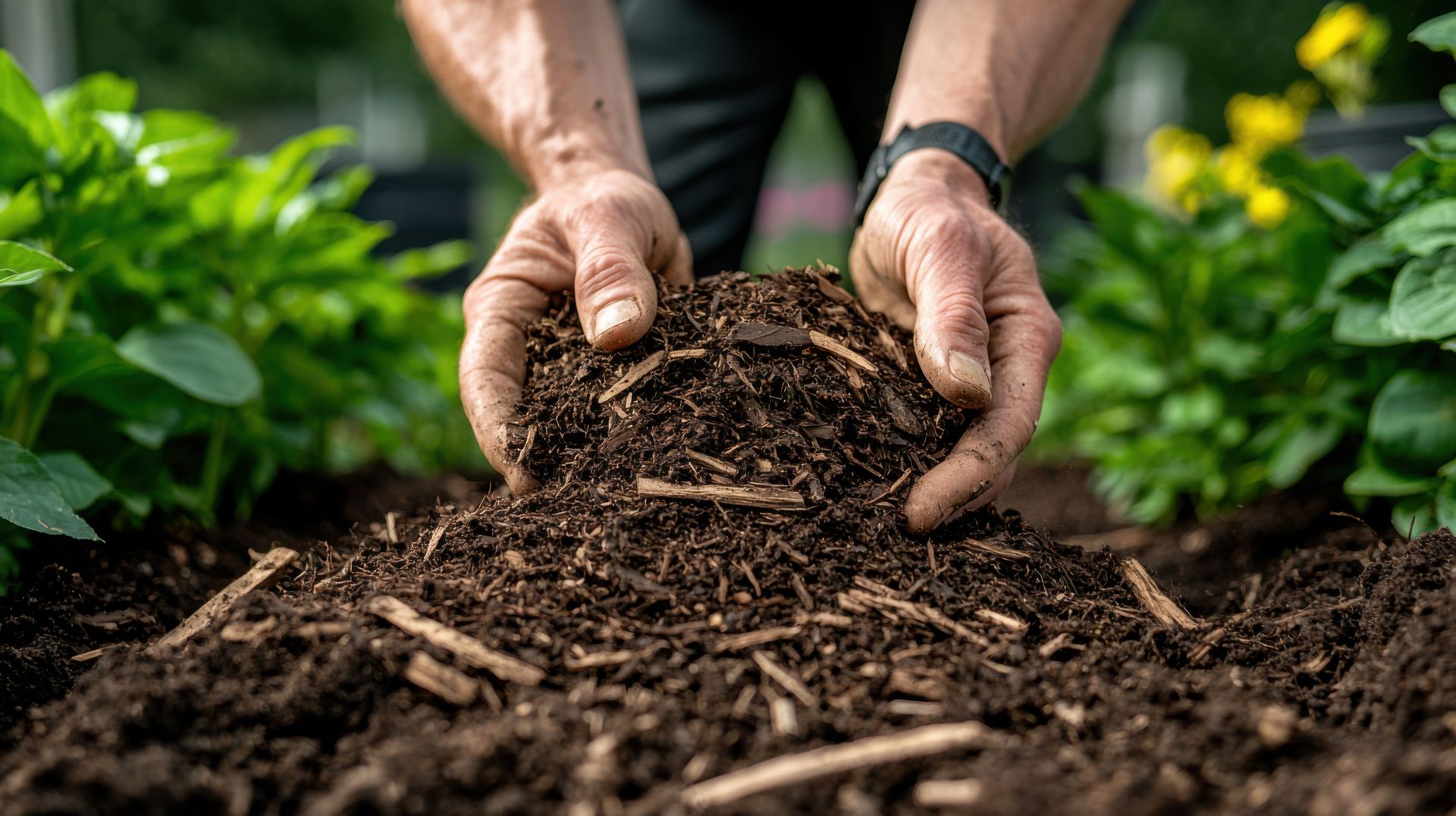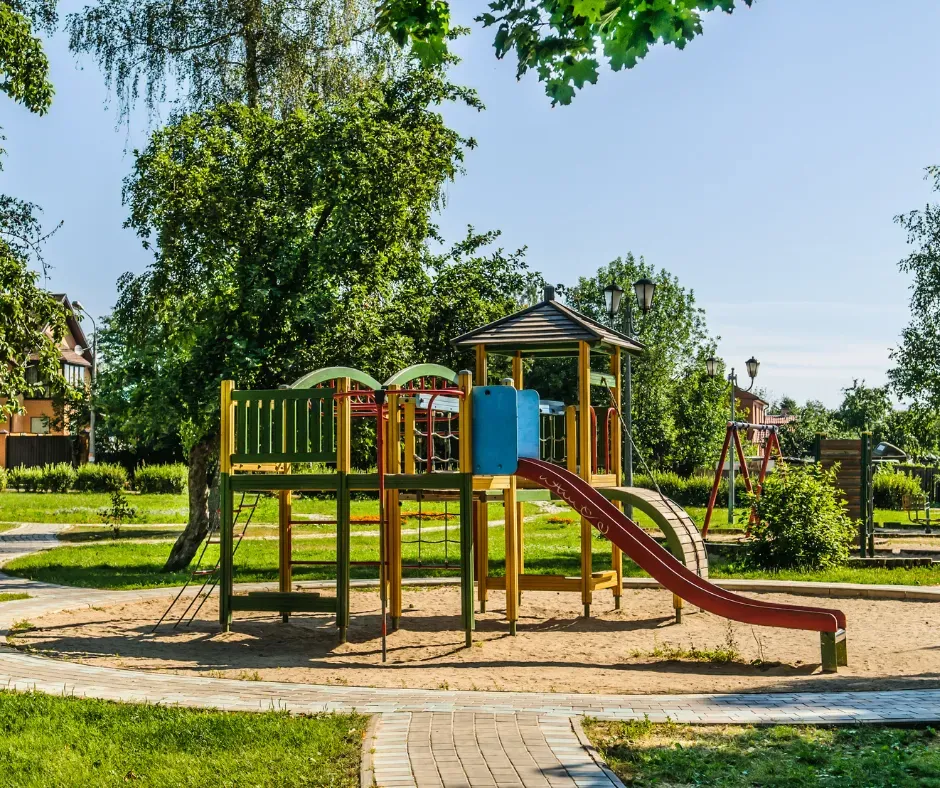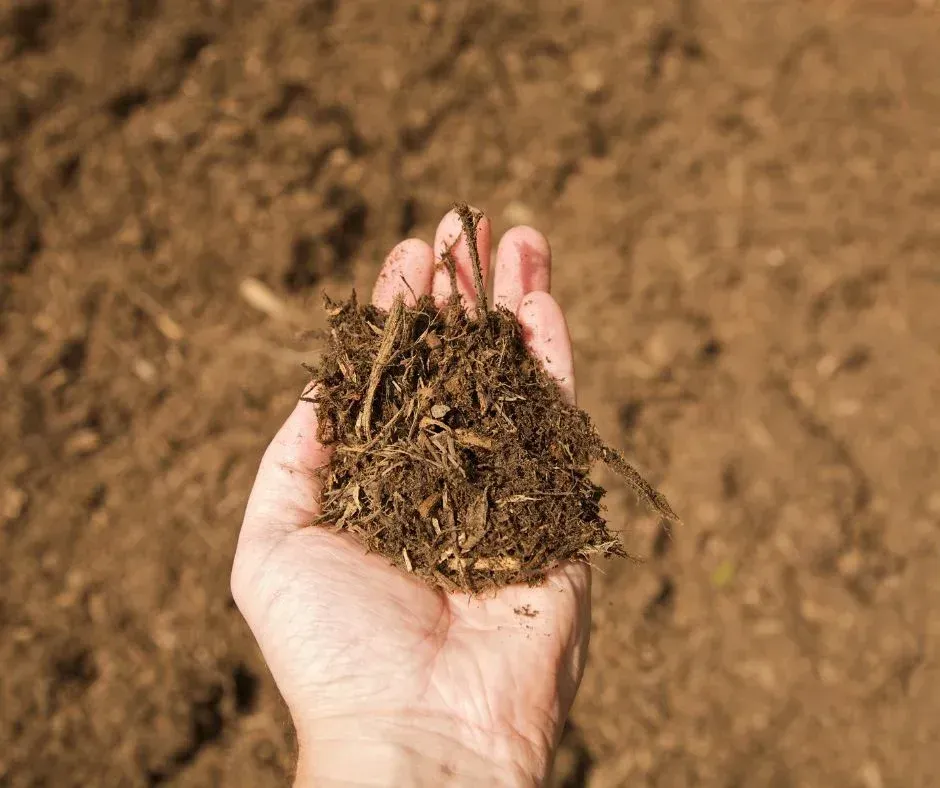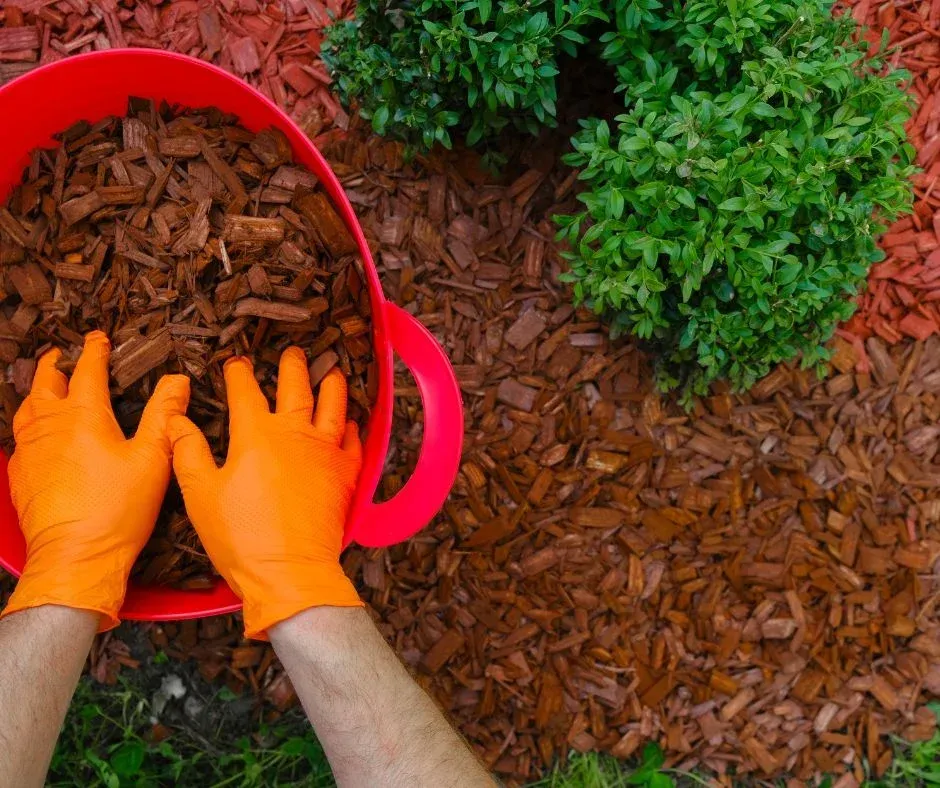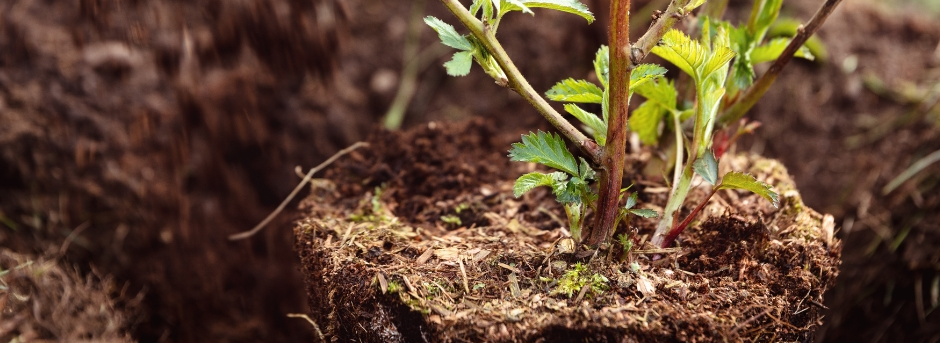Choosing the Right Mulch for Your Garden Plants
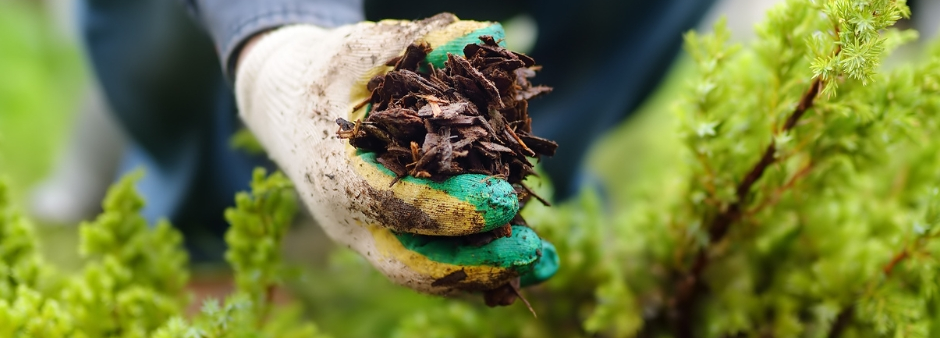
When it comes to gardening, one of the simplest yet most impactful decisions you can make is choosing the right type of mulch. Not only does mulch conserve moisture and suppress weeds, but it also enhances soil quality and adds aesthetic appeal to your garden. In this post, we’ll explore various types of mulch and help you determine which is best for your garden plants.
1. Organic Mulch
Organic mulches are made from natural materials that decompose over time, enriching the soil with nutrients. Here are some popular options:
a. Bark Mulch
Bark mulch, made from the bark of various trees such as pine, cedar, or cypress, is excellent for trees and shrubs. It decomposes slowly, making it cost-effective and low-maintenance.
b. Straw Mulch
Straw mulch is best suited for vegetable gardens. It keeps the soil cool and moist while providing a clean surface for fruits and vegetables to rest on.
c. Grass Clippings
Grass clippings are great for vegetable beds as they break down quickly, adding nitrogen to the soil. However, only use grass that hasn't been treated with herbicides.
d. Leaves a fantastic way to mulch flower beds. They encourage earthworm activity which improves soil structure and fertility.
2. Inorganic Mulch
Inorganic mulches don’t decompose and thus don’t need to be replaced often, making them a low-maintenance option for many gardeners.
a. Rubber Mulch
Rubber mulch is made from recycled tires and is ideal for play areas or around pathways due to its durability and cushioning properties. However, it doesn’t offer any nutritional benefits to the soil.
b. Stone and Gravel
Stone or gravel can be used in areas where drainage is an issue or in rock gardens. They can also add a decorative touch to container plants and cacti gardens.
3. Choosing the Right Mulch
When selecting mulch, consider the following factors:
- Decomposition Rate: Faster decomposing mulches like grass clippings need to be replenished more often.
- Soil Fertility: Organic mulches improve soil fertility as they decompose, unlike inorganic options.
- Moisture Retention: Mulches like straw and bark are excellent at retaining soil moisture.
- Weed Suppression: A thicker layer of mulch can help prevent weeds from sprouting.
Conclusion
Choosing the right mulch depends on your specific garden needs and aesthetic preferences. Whether you go organic or inorganic, mulching is a critical component of healthy garden management. By selecting the appropriate type for your plants and maintaining it properly, you can enhance plant health, conserve water, and create a more beautiful garden space.
For a wide selection of quality mulch and expert gardening advice, visit North County Supply. Explore our extensive range of gardening supplies and find everything you need to make your garden thrive.
